How Global Warming May Eventually Lead to Global Extinction
Published March 11 2021, 3:53 p.m. ET
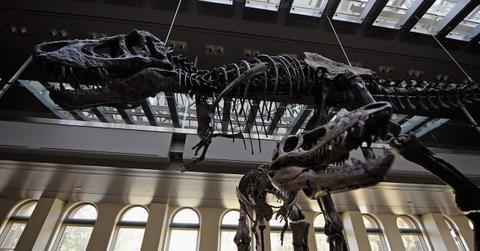
Life on this planet has gone through many extinction-level events over time. Most of these phenomena were caused by natural, cataclysmic forces beyond the control of any of the lifeforms existing at that time. The current cataclysmic forces are anything but natural and they are well within our control. The question is not, "will global warming cause extinction?"— it’s, "how can we prevent that inevitability from happening?"
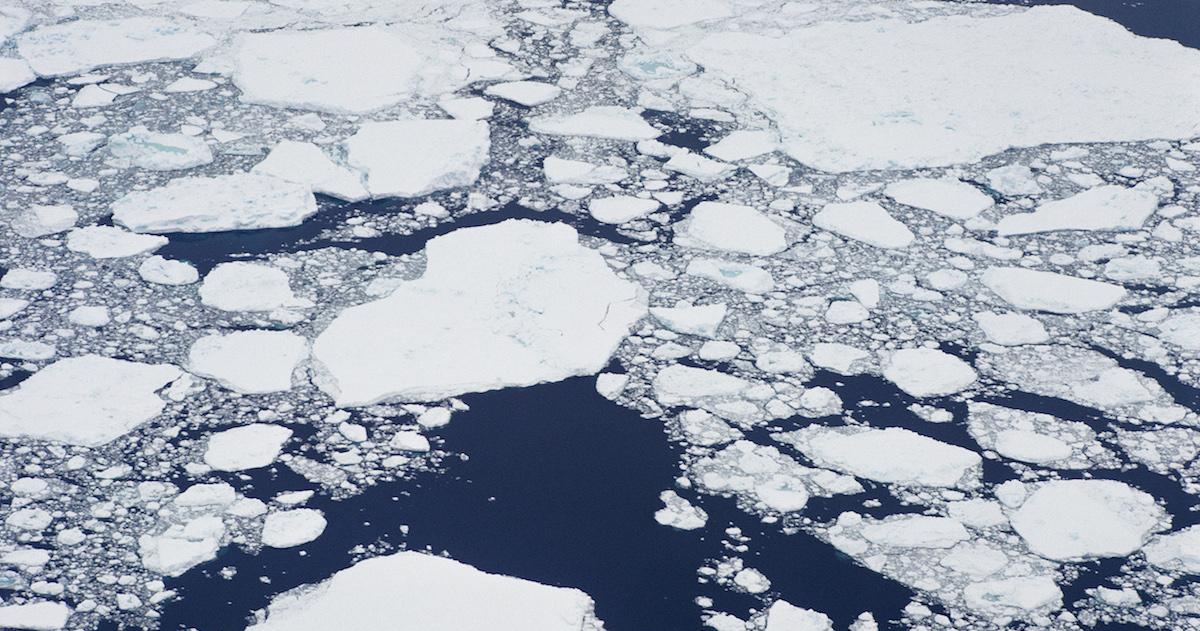
Will global warming cause extinction?
Eventually, yes. Global warming will invariably result in the mass extinction of millions of different species, humankind included. In fact, the Center for Biological Diversity says that global warming is currently the greatest threat to life on this planet. Global warming causes a number of detrimental effects on the environment that many species won’t be able to handle long-term.
Extreme weather patterns are shifting climates across the globe, eliminating habitats and altering the landscape. As a result, food and fresh water sources are being drastically reduced. Then, of course, there are the rising global temperatures themselves, which many species are physically unable to contend with. Formerly frozen arctic and antarctic regions are melting, increasing sea levels and temperatures. Eventually, these effects will create a perfect storm of extinction conditions.
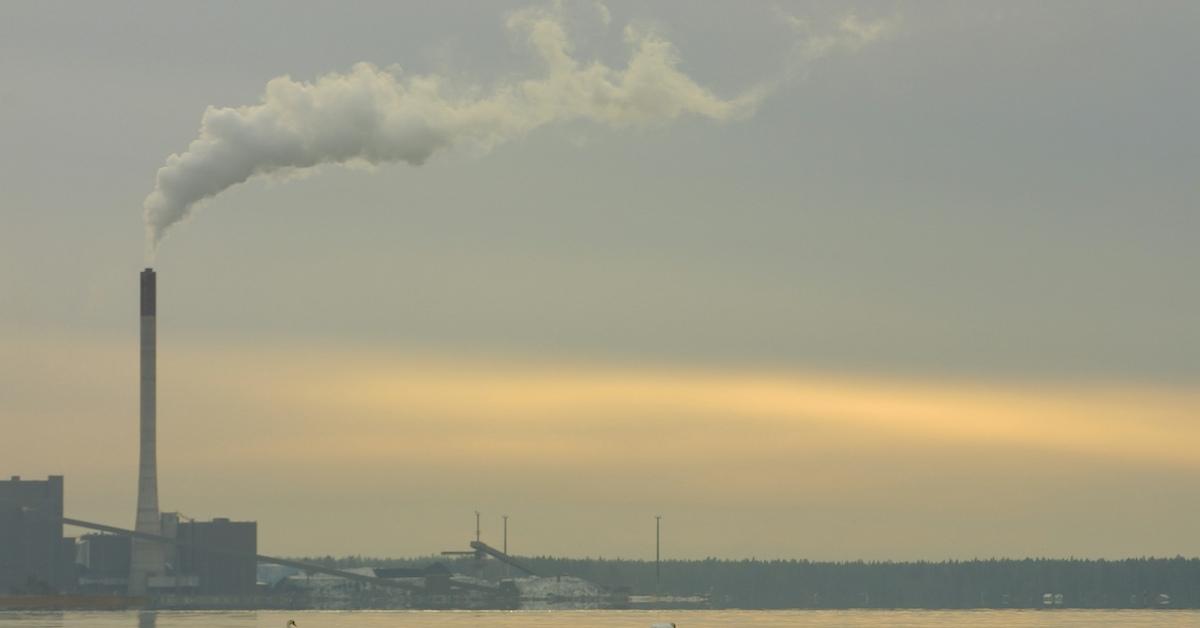
What species will go extinct if global warming continues?
The melting glaciers of the arctic and the searing, unmanageable heat indexes being seen along the Equator are just the tip of the iceberg, so to speak. The species that live in these climate zones have already been affected by the changes caused by global warming. Take polar bears for example, whose habitats and food sources have been so greatly diminished that they have been forced to range further and further south.
Increased carbon dioxide levels in the atmosphere and oceans have already led to ocean acidification. This has caused many species of crustaceans to either adapt or perish and has led to the mass bleaching of more than 50 percent of Australia’s Great Barrier Reef, according to National Geographic.
According to the Center for Biological Diversity, the current trajectory of global warming predicts that more than 30 percent of Earth’s plant and animal species will face extinction by 2050. By the end of the century, that number could be as high as 70 percent.
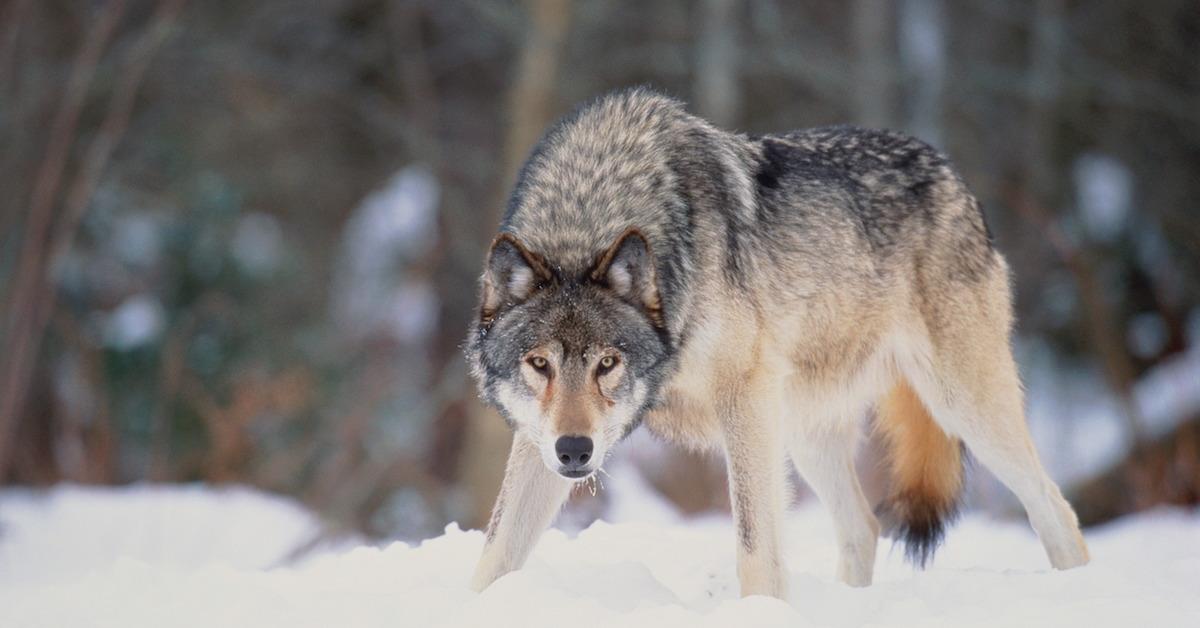
Will global warming cause humanity’s extinction?
We won’t try and sugarcoat things, humanity’s own prospects aren’t looking that great either. According to The Conversation, our species has just under a decade left to get our CO₂ emissions under control. If we don’t cut those emissions by half before 2030, temperatures will rise to potentially catastrophic levels. It may only seem like a degree or so, but the worldwide ramifications are immense.
The human species is resilient. We will survive for a while longer, even if these grim global warming predictions come to pass, but it will mean less food, less water, and increased hardship across the world — especially in low-income areas and developing countries. This increase will also mean more pandemics, devastating storms, and uncontrollable wildfires.
It’s difficult to calculate the numbers in these cases or to assess precisely what risks we will all be facing, but this is because we have never experienced anything like it before.
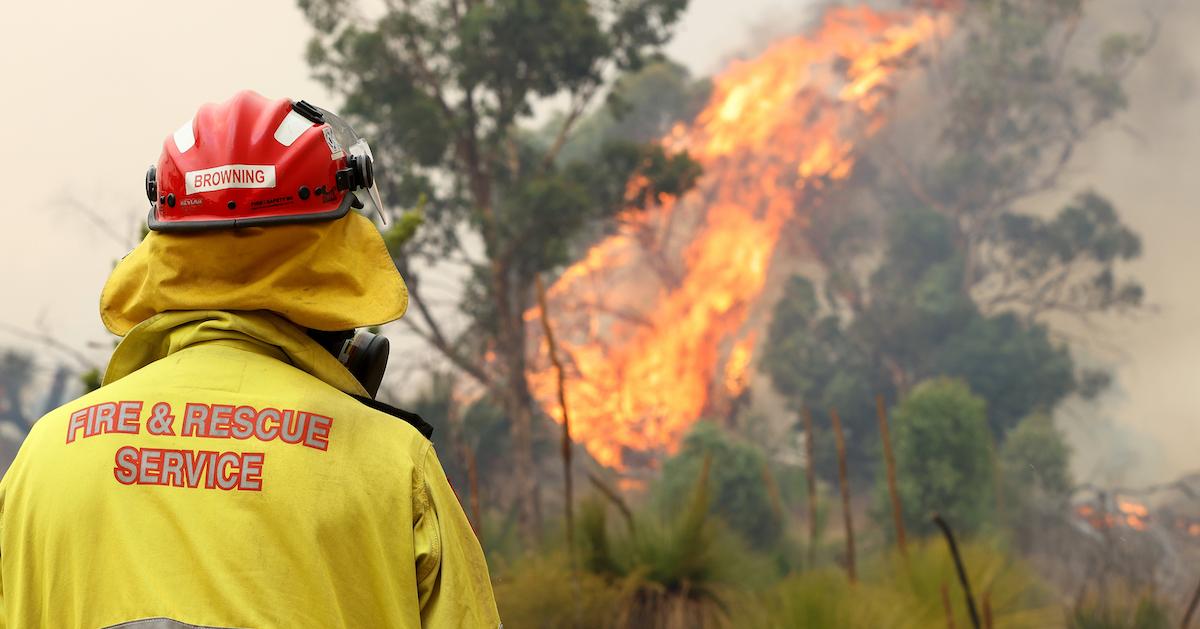
How do we stave off extinction?
We keep species extinction at bay by continuing to fix the environmental mistakes we've already made. The Paris Agreement set the stage for global unity in the face of environmental annihilation, but it has not done enough. More work and cooperation are required to meet the 2030 goal. If more countries switch to renewable sources of power, if more people choose to eat less meat, create less waste, use less energy, and expand conservation efforts, we may have a chance of deferring this grim fate.